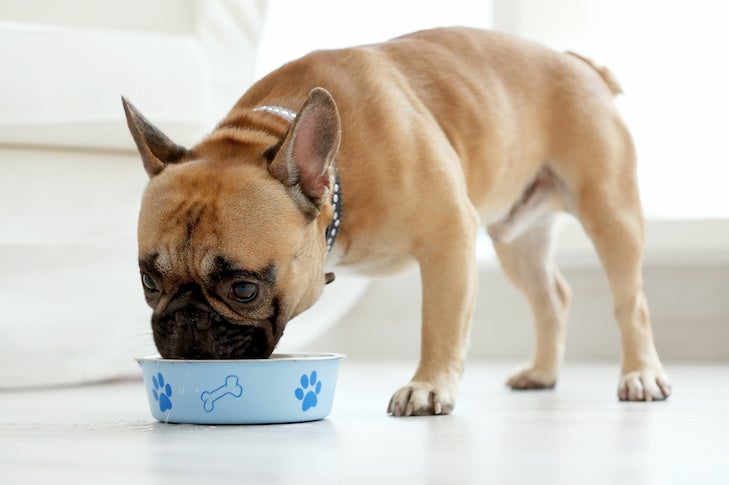Hi guys, this is my first post & thankfully I found this forum online.
My pup is abt 6mths old and initially, he's well behaved. But as time passes by, he becomes very naughty (biting people), super picky about foods (definitely not a health issue) & would bark/whine every morning and he would stop by himself normally after 30~45mins then go back to sleep again.
I'm feeding him with kibbles but he really dislikes it. We switch to HCF and he enjoyed it for a while. He can even ignore chicken (facepalm). Then we introduce lactose-free cow milk to him but again, he shows no interest after a while (had to make it warm then only he's willing to drink and lick the bowl). Currently, hand-feeding him kibbles and it's time-consuming as each meal can take up to 1hr...
Any suggestion is welcome.
On the verge of giving up him to someone that can handle him better than me.
My pup is abt 6mths old and initially, he's well behaved. But as time passes by, he becomes very naughty (biting people), super picky about foods (definitely not a health issue) & would bark/whine every morning and he would stop by himself normally after 30~45mins then go back to sleep again.
I'm feeding him with kibbles but he really dislikes it. We switch to HCF and he enjoyed it for a while. He can even ignore chicken (facepalm). Then we introduce lactose-free cow milk to him but again, he shows no interest after a while (had to make it warm then only he's willing to drink and lick the bowl). Currently, hand-feeding him kibbles and it's time-consuming as each meal can take up to 1hr...
Any suggestion is welcome.
On the verge of giving up him to someone that can handle him better than me.






